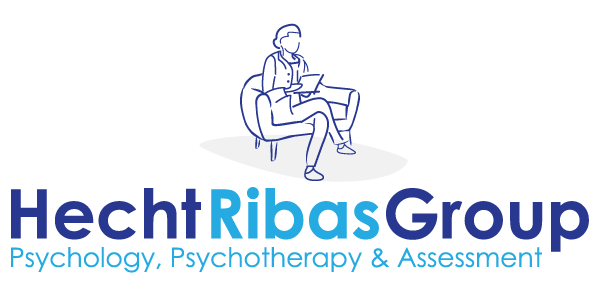The most common and effective treatments for depression are psychotherapy, antidepressant medications, and lifestyle changes. Psychotherapy can help individuals explore their thoughts, feelings, and behavior, in order to gain insight into the underlying causes of their depression. Cognitive Behavioural Therapy (CBT) is a form of psychotherapy that can be especially helpful in reducing the symptoms of depression. It focuses on helping individuals identify and change any negative and distorted thinking patterns that perpetuate their depression; as well as, teaching strategies for coping with difficult situations and relaxation techniques in order to reduce stress.
Antidepressants, such as Selective Serotonin Reuptake Inhibitors (SSRIs) and Tricyclic Antidepressants, can also be very effective in treating depression. These medications work by increasing levels of serotonin in the brain, which has been linked to improved mood. These medications can take a few weeks before they begin to be effective, and they can sometimes cause side effects such as dizziness, drowsiness, and nausea.
In addition to psychotherapy and medication, lifestyle changes can also be very helpful in treating depression. Eating a balanced, nutritious diet, getting regular exercise, getting enough sleep, avoiding drugs and alcohol, and building a support system of family and friends can all help reduce symptoms of depression.
If the above treatments are not successful, more intensive forms of treatment may be needed. Electroconvulsive therapy (ECT) is one of the more extreme treatments for depression, but it can be very effective for severe or resistant cases of depression. This treatment involves sending electrical pulses through the brain in order to stimulate a part of the brain that produces neurotransmitters. It has been found to be very effective for severe or resistant cases of depression, but it does come with some side effects, including memory loss and confusion.
Another treatment option for depression is Transcranial Magnetic Stimulation (TMS). This treatment uses magnetic waves to stimulate specific areas of the brain. Studies have found that TMS can be effective in treating severe or resistant cases of depression, particularly when combined with cognitive behavior therapy.
Finally, there are also alternative treatments for depression that may be helpful, such as acupuncture, yoga, and massage therapy. While more research is needed to prove their effectiveness, these treatments can be helpful in reducing the symptoms of depression.
It is important to remember that while treatment can be effective in reducing the symptoms of depression, it is not a “cure”. Treatment is designed to help individuals gain control over their depression, so they can begin to live a more meaningful and fulfilling life. Additionally, it is important to note that depression is different for everyone and there is no one-size-fits-all approach to treatment. Therefore, it is important to work with a mental health care provider to find the best treatment plan for individual needs and circumstances.
In conclusion, there are numerous options for treating depression. Psychotherapy, medication, lifestyle changes, and alternative treatments can all be effective in reducing the symptoms of depression. It is important to remember that treatment is not a “cure” for depression, but rather is designed to help individuals gain control over their depression, so they can begin to live a more meaningful and fulfilling life. If you are struggling with depression, it is important to seek help from a mental health care provider, who will be able to create a customized treatment plan based on individual needs and circumstances.

